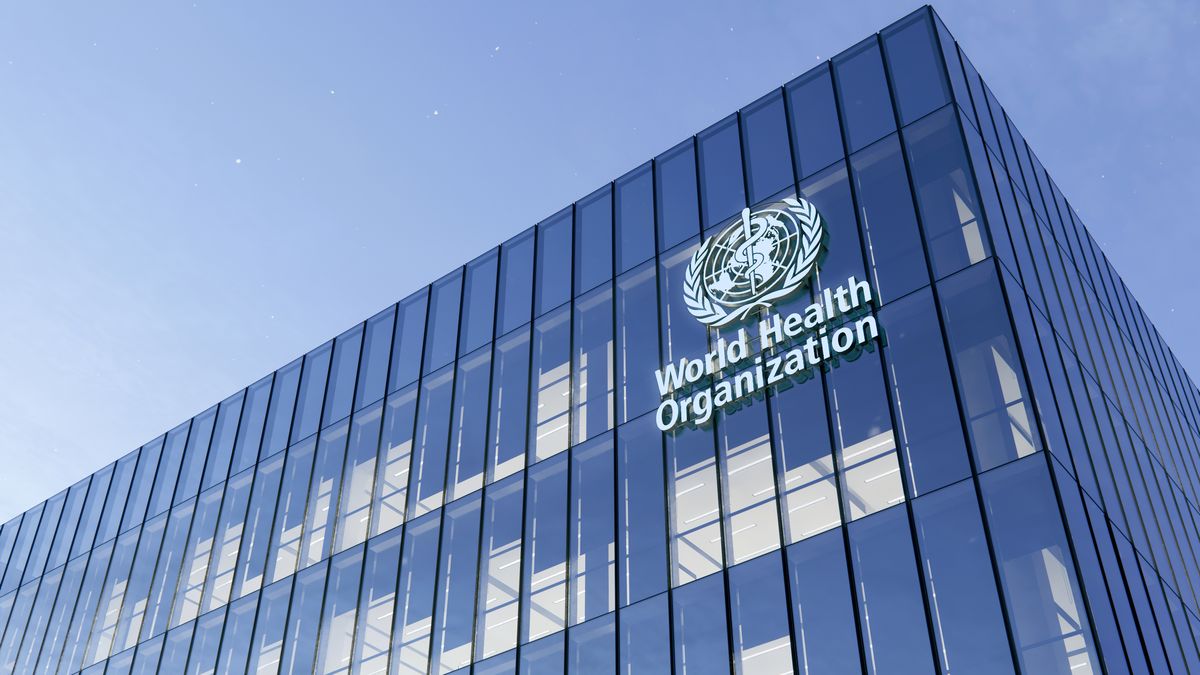COLOMBO, Sri Lanka (AP) — International human rights groups are urging Sri Lanka’s new president to immediately order security forces to cease the illegal use of force against protesters who have been protesting the government for months over the economic collapse of the country.
A day after President Ranil Wickremesinghe was sworn into office on Thursday, hundreds of armed soldiers stormed a protest camp outside the presidential offices early Friday, attacking protesters with batons in an action that Human Rights Watch, “sends a dangerous message to the people of Sri Lanka that the new government intends to act through brute force rather than the rule of law.”
Two reporters and two lawyers were also attacked by the soldiers during the operation. Security forces detained 11 people, including protesters and lawyers.
“The urgent measures needed to address the economic needs of Sri Lankans call for a government that respects fundamental rights,” Meenakshi Ganguly, HRW’s South Asia director, said in a statement on Saturday.
“Sri Lanka’s international partners should send the message loud and clear that they cannot support a government that tramples on the rights of its people,” he added.
In another condemnation of the attack, Amnesty International noted that “it is shameful that the new government has resorted to such violent tactics hours after coming to power.”
“Protesters have the right to protest peacefully. Excessive use of force, intimidation and unlawful arrests appear to be an endless pattern in the Sri Lankan authorities’ response to dissent and peaceful assemblies,” said Kyle Ward, the group’s Deputy Secretary-General.
Wickremesinghe, who had already served as prime minister six times, took office a week after his predecessor, Gotabaya Rajapaksa, fled the country after protesters stormed his residence. Rajapaksa resigned later, during his exile in Singapore.
The population took to the streets months ago to demand the resignation of their leaders due to an economic crisis that has left the 22 million inhabitants of the island nation deprived of basic products such as medicine, food and fuel. Although protesters have focused on the Rajapaksa political dynasty, Wickremesinghe has also drawn ire from him as the Rajapaksa’s successor.
Before dawn on Friday, army and police troops arrived in trucks and buses at the camp set up by protesters near the presidential palace in the capital, Colombo, where the protesters had been for more than 100 days. They removed the tents and blocked the access roads to the place.
The raid was carried out despite the fact that the protesters had announced that they would leave the Syrian on Friday voluntarily.
The Sri Lankan opposition, the United Nations and the United States have denounced the government’s harsh tactics.
Despite tight security around the presidential office, protesters have vowed to continue their protest until Wickremesinghe steps down.
Wickremesinghe was chosen by lawmakers this week, apparently seeing him as a safe option to lead the country out of the crisis even though he too was targeted by the protests. On Friday, he appointed a Rajapaksa ally, Dinesh Gunawardena, 73, who also comes from a family with a prominent political background, as prime minister.
On Monday, when he was interim president, Wickremesinghe declared a state of emergency that gave him broad authority to change or suspend laws and gives authorities sweeping powers to search premises and make arrests. In the early hours of Friday, hours after his inauguration, he issued a state of emergency notice in which he asked the armed forces to maintain order throughout the nation, paving the way for the eviction of the protest.
Protesters accuse Rajapaksa and his powerful family of siphoning money from state coffers and accelerating the country’s collapse with their economic mismanagement. The family has denied the accusations of corruption, but the former president acknowledged that some of his policies contributed to the crisis.
Political chaos has threatened to complicate the International Monetary Fund’s bailout. But earlier in the week Wickremesinghe said negotiations with the IMF were close to completion and talks on aid from other countries had also advanced.
IMF chief Kristalina Georgieva told Japanese financial magazine Nikkei Asia this week that the IMF hopes to reach a deal “as soon as possible.”
–


